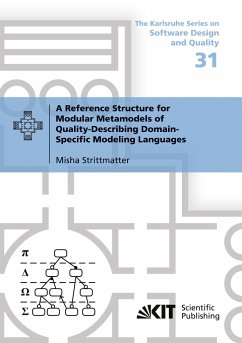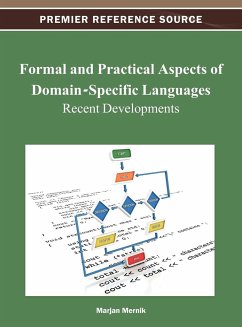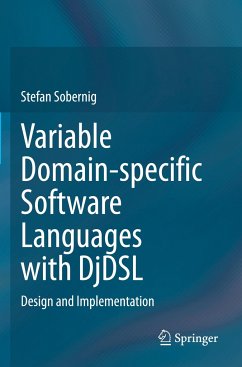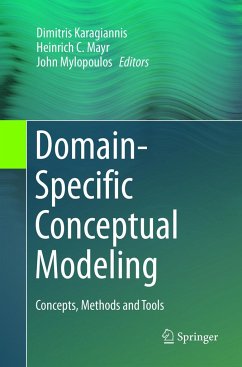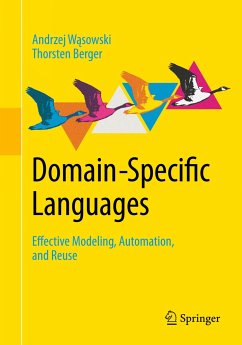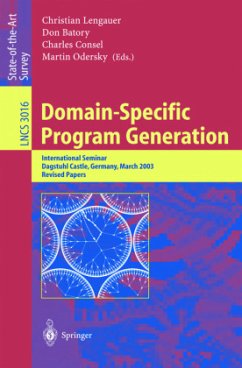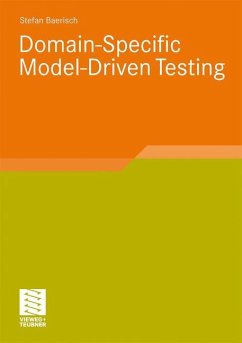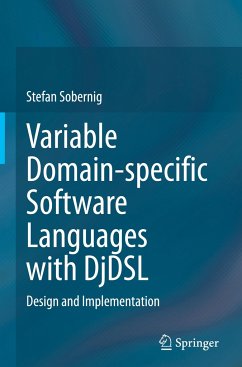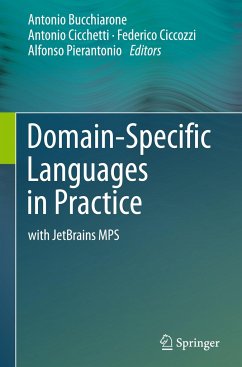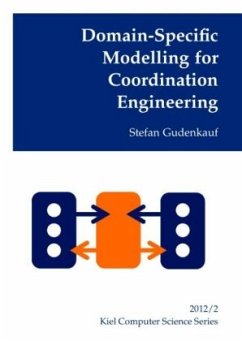
Domain-Specific Modelling for Coordination Engineering

PAYBACK Punkte
0 °P sammeln!
Multi-core processors offer increased speed and efficiency on various devices, from desktop computers to smartphones. But the challenge is not only how to gain the utmost performance, but also how to support portability, continuity with prevalent technologies, and the dissemination of existing principles of parallel software design. This thesis shows how model-driven software development can help engineering parallel systems. Rather than simply offering yet another programming approach for concurrency, it proposes using an explicit coordination model as the first development artefact. Key topi...
Multi-core processors offer increased speed and efficiency on various devices, from desktop computers to smartphones. But the challenge is not only how to gain the utmost performance, but also how to support portability, continuity with prevalent technologies, and the dissemination of existing principles of parallel software design. This thesis shows how model-driven software development can help engineering parallel systems. Rather than simply offering yet another programming approach for concurrency, it proposes using an explicit coordination model as the first development artefact. Key topics include:Basic foundations of parallel software design, coordination models and languages, and model-driven software developmentHow Coordination Engineering eases parallel software design by separating concerns and activities across roles How the Space-Coordinated Processes (SCOPE) coordination model combines coarse-grained choreography of parallel processes with fine-grained parallelism within these processesExtensive experimental evaluation on SCOPE implementations and the application of Coordination Engineering




